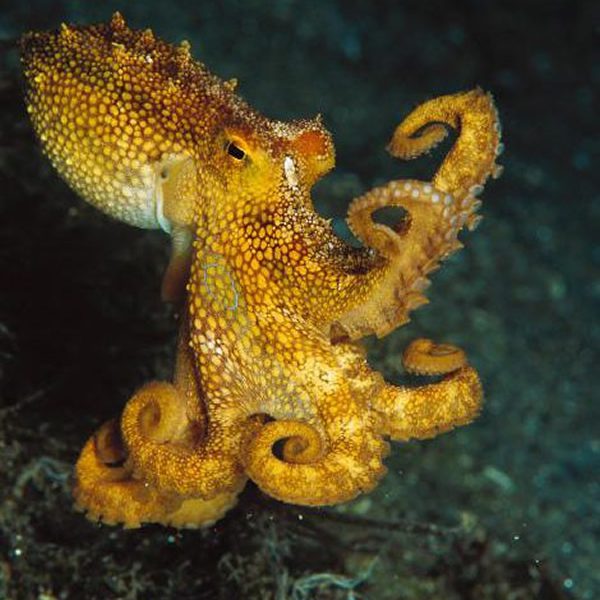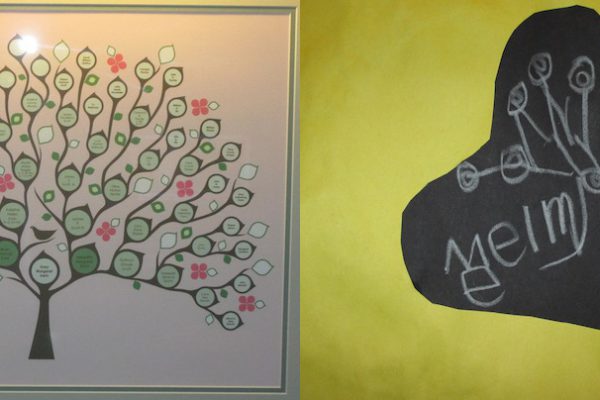
My daughter lobbied hard for a fish. I put it off until after summer travels, but I had to make good on my promise after Labor Day.
I got a book about caring for fish out of the library; I wanted us prepared for the cleaning, feeding, and choosing the correct fish for our environment (our environment calls for the most low-maintenance fish possible). I had not read the book when we went to the local pet store to purchase the fish. Instead, we asked the store owner many questions and all understood what we needed to do for our new pet. In a tremendous show of cooperation, my daughter and her two friends set up his bowl and named him Mr. Sammie Firenze (Harry Potter reference) Swimester.
That night (admittedly, I skipped the fish book as Mr. Swimester seemed happy enough), I read an interesting article by Jill Lepore in The New Yorker about the history of truth. She recounts a truth experiment from the book The Internet of Us: Knowing More and Understanding Less in the Age of Big Data by Michael P. Lynch. He asks the reader to imagine a time when your phone hooks to your brain and when you think a question, your phone Googles the answer. What would happen if there was a major power outage or computer crash and no one knew the truth without Google? Not far from reality, but still scary!
With the Internet, the era of finding truth in the facts is eclipsed by truth in data. Understanding facts requires “investigation, discernment, and judgment.” Lepore’s article was about politics, but it seems relevant even to fish. Are we teaching kids (and adults) how to think through issues or how to find the answer they want? Why is fact-checking in a book passed over for searching the internet? Were we ready for a fish without doing some research?


We read two more must-read books over the long weekend, Look Up: Bird-Watching in Your Own Backyard by Annette LeBlanc Cate and The Octopus Scientists by Sy Montgomery. The shared message was you need to observe things to make and to prove conclusions. Cate’s directive was clear – there are birds everywhere; go outside, watch them, draw them, make notes about their habits, appearance, and sounds, and then go find a guide book to help you figure out what birds you saw. Observing octopuses is obviously more difficult, but the book highlighted how unpredictable field study can be and the importance of learning anything, even if it’s not what you set out to learn. What better way to understand the truth than to observe, record, and research? How simple, but yet how novel for kids growing up with Google. Plus these picture books are amazing for older kids and adults – I learned so much!
I will have to put those observation lessons to work as we learn more about Mr. Swimester, but I still need to read the book about how to care for him.


